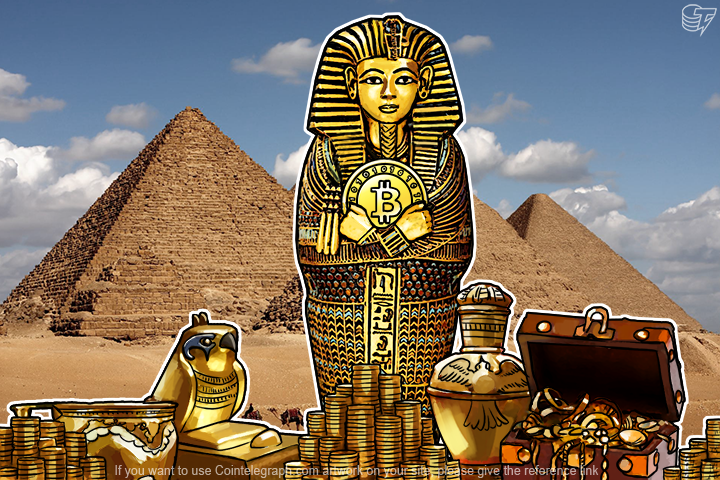There are millions of Bitcoin wallets all around the world. This is a fact.
Some use Bitcoin daily for transactions or the Blockchain to sign contracts; but someone else could decide to invest their money in Bitcoin long-term…
And what if this person dies? Who will get those Bitcoin investments? Is there any regulation about Bitcoin heritage?
“Of course it depends on the jurisdiction of deceased person”, said Cointelegraph Blockchain Legal Lawyer Dmitry Machikhin. “As I know the only State where such regulation was made is Delaware in U.S. Concerning this law, families are able to access the digital assets of deceased person, including BTC funds. Delaware is a domicile for several IT companies such as Twitter, but the law above is only for private persons - residents of Delaware”.
Another problem is represented by the private key of a Bitcoin wallet. If the deceased person could write their own private key on the will, then the process would be easy. But “in several countries the testament is a public document, so there cannot be contained any BTC information which could contradict BTC general conception”, continued Dmitry Machikhin.
This case, commented lawyer and bitcoin expert Stefano Capaccioli, “could be solved with multisignature addresses”.
Safe Exchange system architect Daniel Dabek suggested another possible solution, a sort of “keep-alive” method:
“In the decentralized exchange a person could request a public key from the heir. A “keep-alive” method would then trigger and notify the living person on a realistic interval. If there is no “keep-alive” response from the living person, then the network would transfer funds from the now deceased person to the heir’s public key included in the will of the wallet. This system could be implemented in centrally managed exchanges as well with the proper verification of death by the nation-state in question. Procurement of this legal evidence of death would then prompt the exchange manager to disburse funds to the heirs in the event that a public key was registered as part of the will. Exchange managers could then utilize a persistent storage system such as Safe Network where they would store scans of proof that could then be used as a reference in the future. Registering the proper public key as part of an official will would make matters simple. The proof and deployment of the process would be simple, the destination of funds is then obvious assuming the heir maintained the private key adequately”.

As Bitcoin has not relevant regulation - except for Delaware - “it is anything and nothing at the same time”, continued lawyer Stefano Capaccioli, “so every regulatory system should regulate the characteristics of bitcoin more consistent with the system”.
We also had the chance to talk with Serbian Bitcoin exchange Electronic Currency District CEO Aleksandar Matanovic, who added his point of view:
"I guess a lot of bitcoins have been lost already after the sudden death of the owners of those coins.
The simplest case is probably if the deceased has granted someone the access to his account prior to his death. Then that person would be able to continue using that account and the bitcoins on that account. Exchange maybe wouldn’t even know that there is someone else using the account.
Then there is a case of the deceased leaving the will, specifying who and how will use his bitcoins. I suppose the will should be presented to the exchange in some form, like notarized copy being sent to them by e-mail. After that, I suppose the heir would provide the bitcoin address where they would receive the bitcoins of the deceased.
However, I doubt that many of the bitcoin holders have their wills ready. Then we have quite a problem. Bitcoins could be distributed the same way other property is distributed when there is no will. That could be done in the case the heirs know about the bitcoins held by the deceased. But what if they don’t know where he had his bitcoins stored or even if he had them at all? Then it becomes almost impossible for the heirs to get those coins. I guess exchanges don’t regularly check if their customers are alive. They probably send emails to inactive users from time to time, but if there are no responses to those e-mails, I doubt they investigate further, so the coins just remain there.
There is an additional problem with exchanges that don’t require verification, like for example btc-e.com. How the prove that you are a heir of the deceased owner of the btc-e account when they don’t even know who the account owner is?
Finally, it all comes down to the bitcoin holder acting responsibly as he should with any other type of property. If you want your heirs to inherit your bitcoins when you are gone, make sure to take care of it while you are alive. If you have them at some exchange, put it in your will or give them the login credentials. If you have an encrypted paper wallet, leave them the copy and put the password in the will. There is always a way if you think about it in time"



